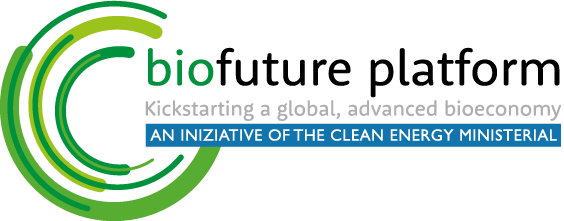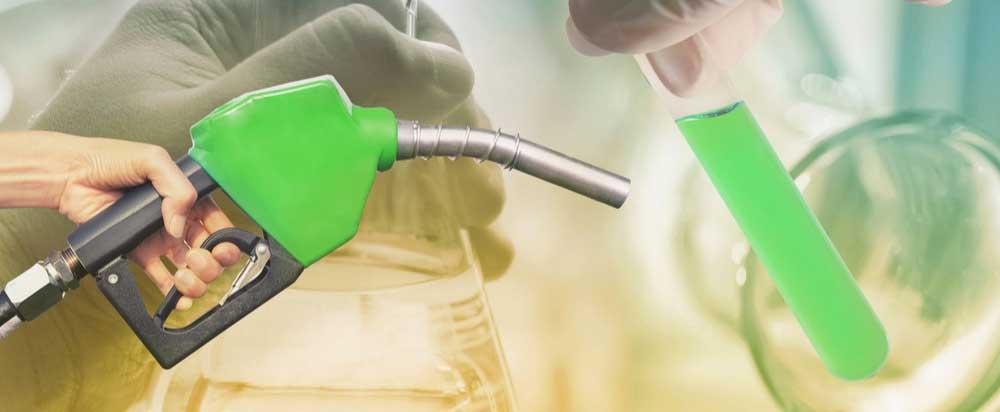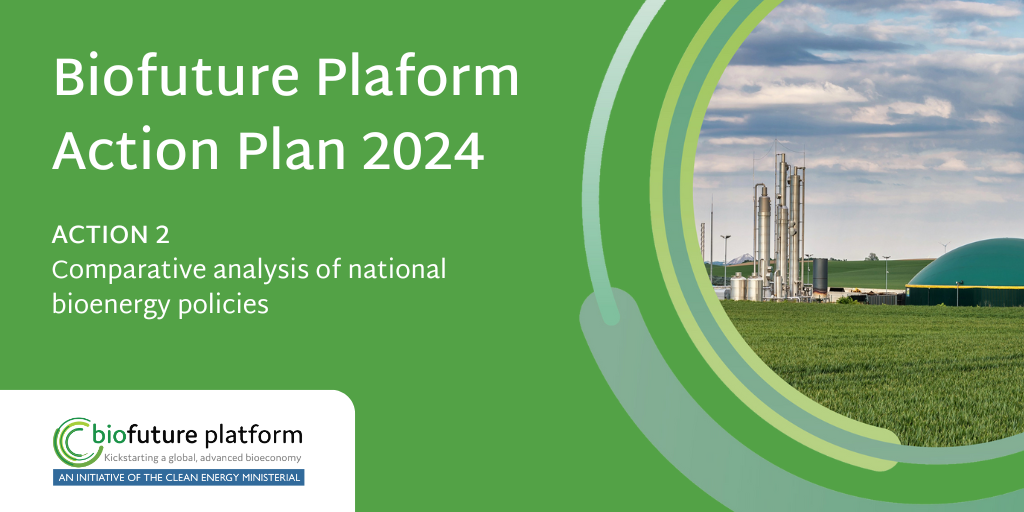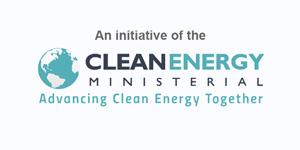CEM’s endorsement and leveraging of the Biofuture Platform’s work highlights the pivotal role of the low carbon bioeconomy to achieving a clean energy world.
The new Biofuture Platform Clean Energy Ministerial (CEM) Initiative will be officially launched this Wednesday, September 16, 4 PM CET, in a high-level virtual side event within the context of the 11th Clean Energy Ministerial (CEM11). The event will be co-chaired by the Minister of Mines and Energy of Brazil, Bento Albuquerque (as Brazil is currently chairing the Biofuture Platform) and by the Executive Director of the International Energy Agency (IEA), Dr Fatih Birol, in IEA’s capacity of operating agent of the new CEM initiative. Senior officials from Brazil, Canada, India, UK and the US will voice their perspectives alongside global industry leaders such as top level executives from Praj Industries, Neste Corporation, and Enerkem. The Biofuture initiative aims to raise international ambition and advance sustainable bioenergy production, trade and use globally, via analysis, policies, programs and projects, making bioenergy a key enabler in clean energy transitions. It will also further strengthen international dialogue among key policy and decision makers about the benefits, opportunities and priorities to scale up sustainable bioenergy and accelerate the bioeconomy worldwide. As highlighted in recent IEA and Biofuture Platform reports, bioenergy is the overlooked giant of the renewable energy sector. One of the most labour-intensive industries in the energy sector, it is paramount to a successful transition to low-carbon energy systems, being also a key response option in IPCC’s projected climate change mitigation scenarios. Accordingly, it should also be central to post-COVID recovery plans, as one of the hardest-hit sectors by the pandemic. The Biofuture Platform CEM Initiative will be implemented in close partnership with the private sector, building on the previous efforts of the member countries of the Biofuture Platfform, as well as its supporting organizations and partners, over the past 4 years. As highlighted by the Minister of Mines and Energy of Brazil, “sustainable acceleration of bioenergy and biomaterial production requires a comprehensive set of policies, measures and regulation. It is crucial that we learn with each other’s successes and mistakes in this field, so that the best, most efficient policy models can be adapted and replicated around the world”. The launch event is open to the Biofuture Platform member governments, partner organizations, and industry representatives, as well as the press and the general public. To attend the event, just register by clicking on the registration tab at this link and fill the required registration form, making sure to check the box referring to the event “Accelerating the Transition to a Sustainable Low-Carbon Bioeconomy”.
_______
About the Biofuture Platform
The Biofuture Platform is a government-led, multi-stakeholder initiative designed to take action on climate change and support the Sustainable Development Goals by promoting international coordination on the sustainable low-carbon bioeconomy. It was launched in Marrakesh at the COP 22 climate talks in November 2016. Since February, 1, 2019, the International Energy Agency (IEA) has been the Facilitator (Secretariat) of the initiative. The Biofuture Platform has twenty member countries: Argentina, Brazil, Canada, China, Denmark, Egypt, Finland, France, India, Indonesia, Italy, Morocco, Mozambique, the Netherlands, Paraguay, the Philippines, Sweden, United Kingdom, the United States of America and Uruguay. As a multistakeholder initiative, a number of international organizations, academia, and private sector associations are also involved and engaged as official partners.
About the CEM
The Clean Energy Ministerial (CEM) is a high-level global forum to promote policies and programs that advance clean energy technology, to share lessons learned and best practices, and to encourage the transition to a global clean energy economy. CEM Initiatives are based on areas of common interest among participating governments and other stakeholders, focusing on empowering energy decision makers around the world with the up-to-date information and tools they need to improve the policy environment for clean energy. As low-cost, high-impact technical works, CEM initiatives also facilitate international coordination that amplifies each government’s clean energy deployment efforts.
About the IEA
The International Energy Agency (IEA) works to ensure reliable, affordable and clean energy for its 30 member countries and beyond. Its mission is guided by four main areas of focus: energy security, economic development, environmental awareness and engagement worldwide. Headquartered in Paris, the IEA is at the heart of global dialogue on energy, providing authoritative analysis through a wide range of publications, including the flagship World Energy Outlook and the IEA Market Reports; data and statistics, such as Key World Energy Statistics and the Monthly Oil Data Service; and a series of training and capacity building workshops, presentations, and resources.





